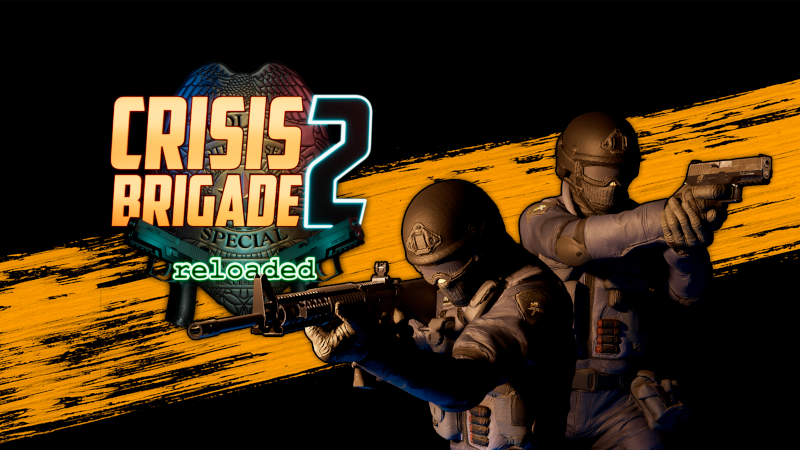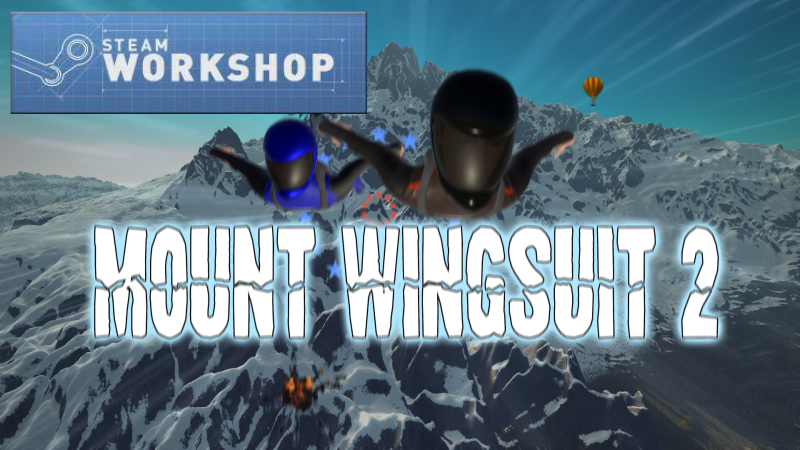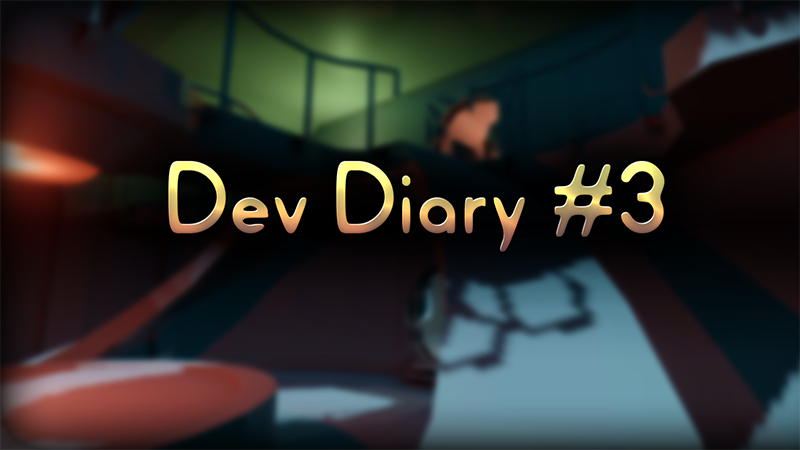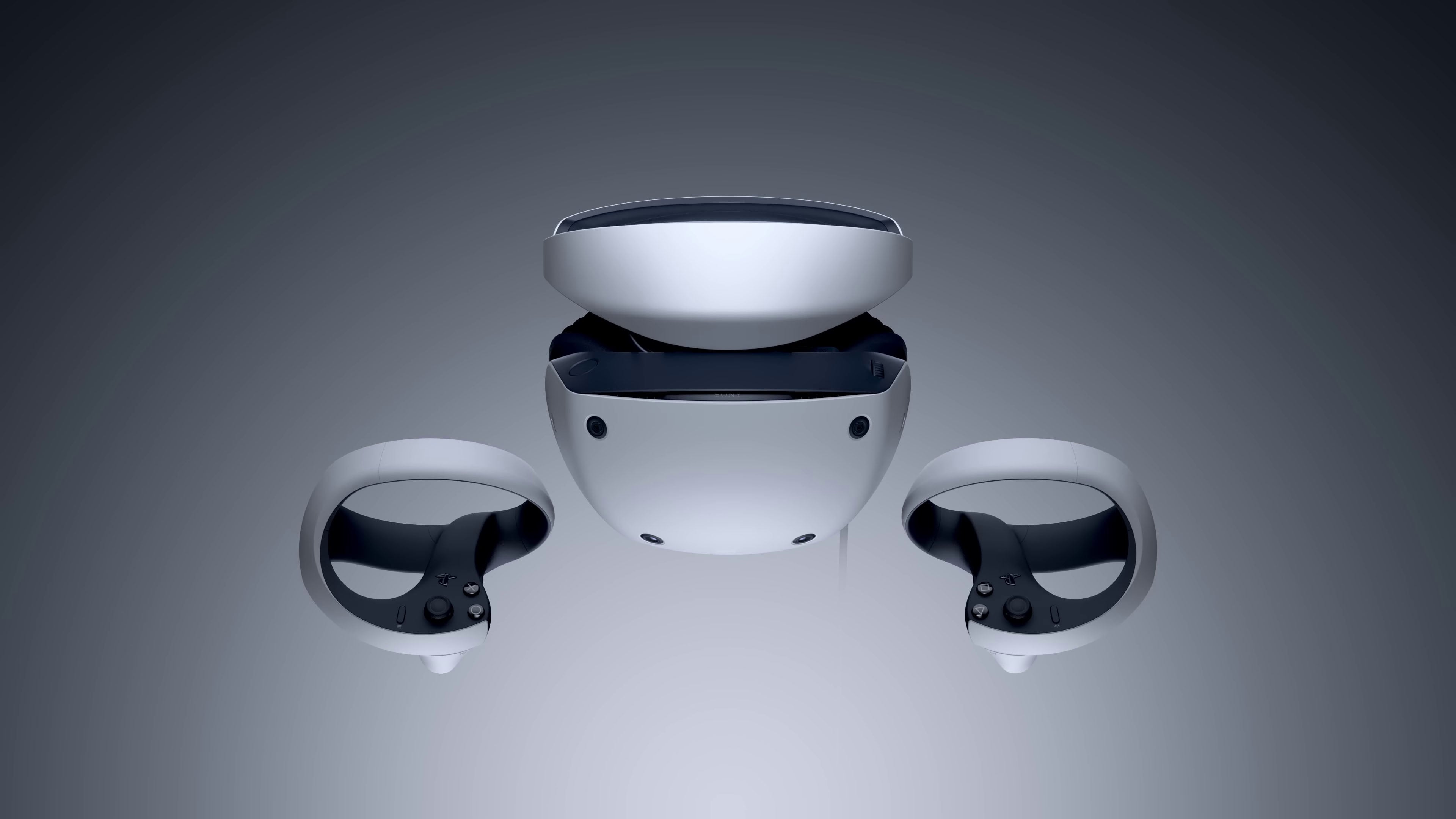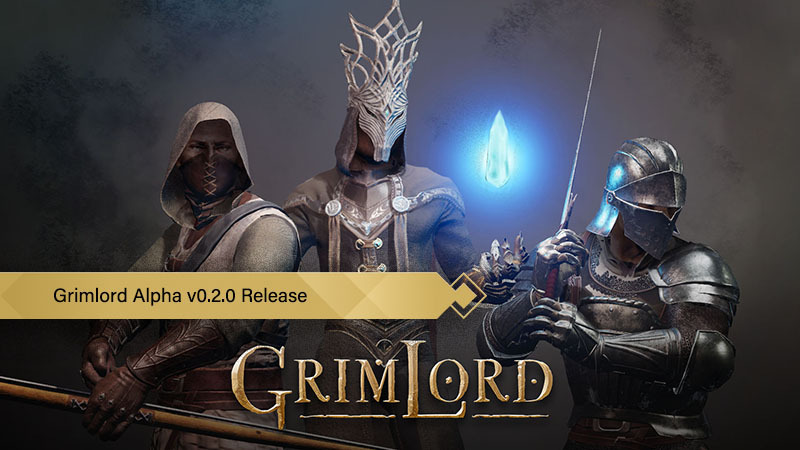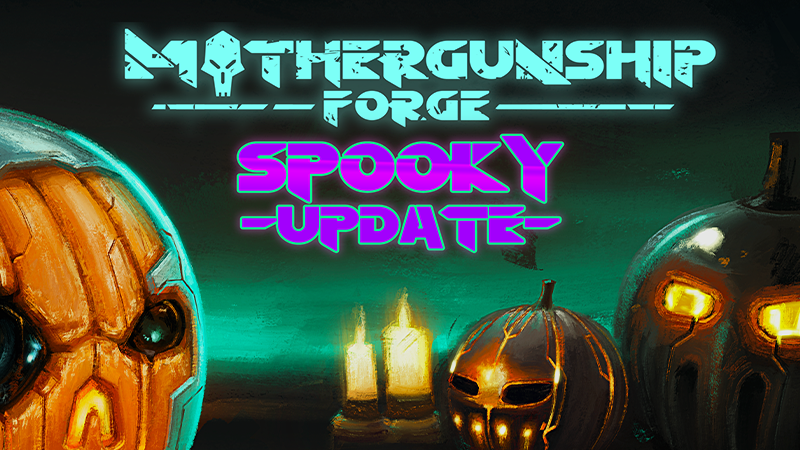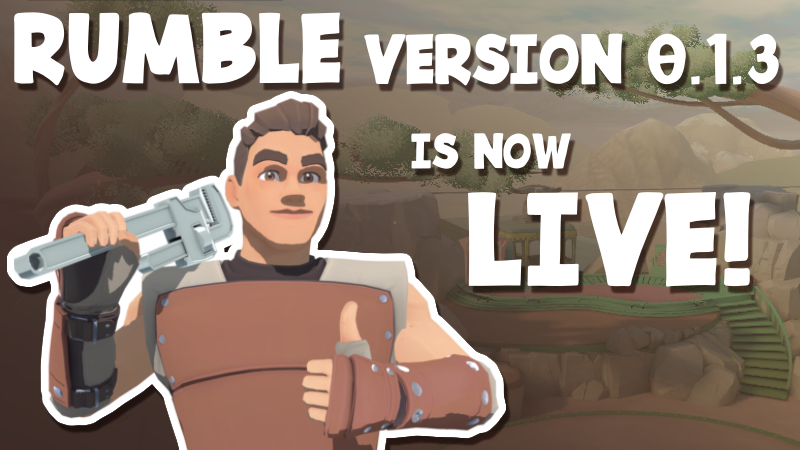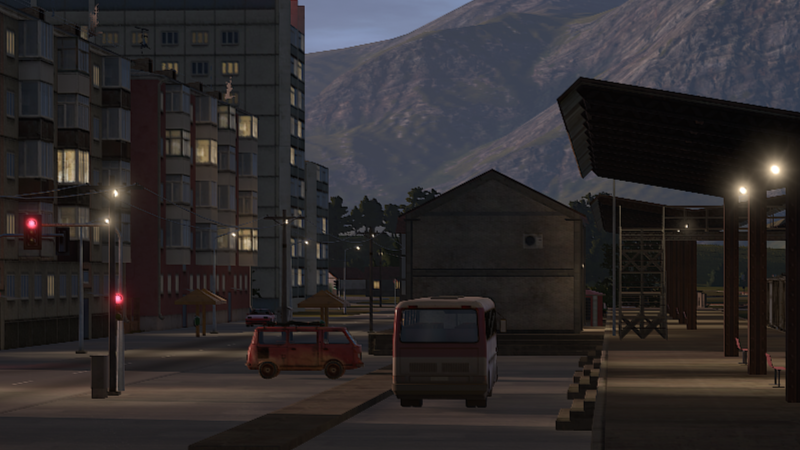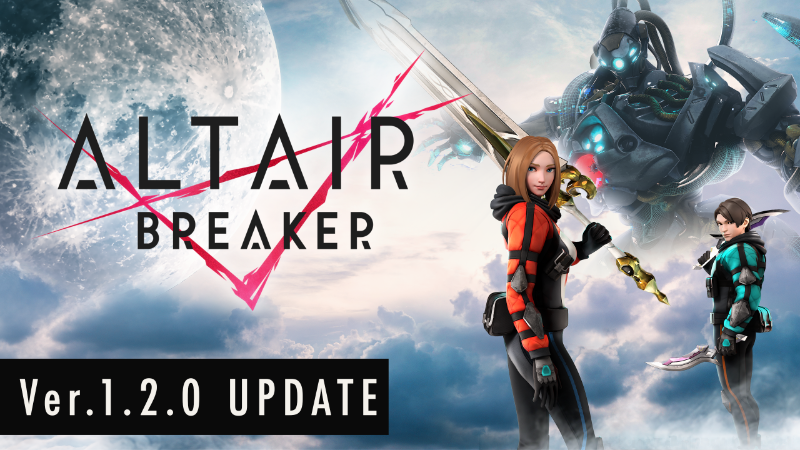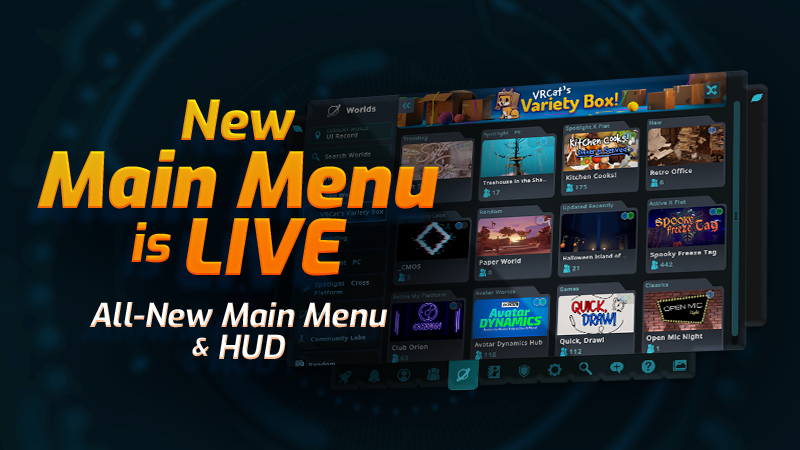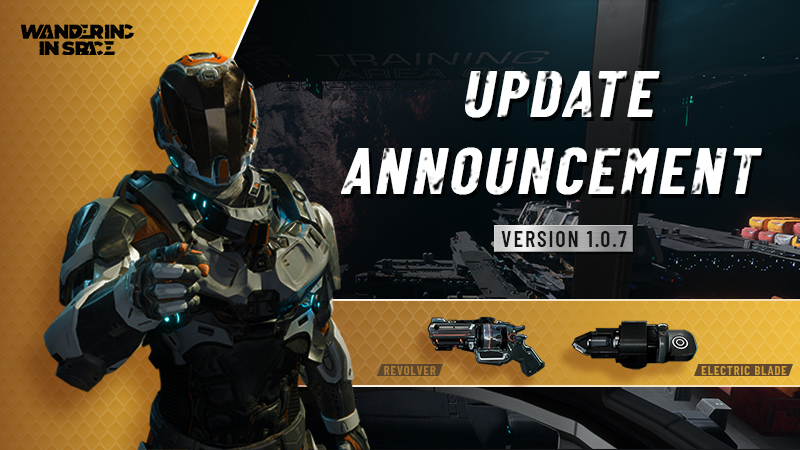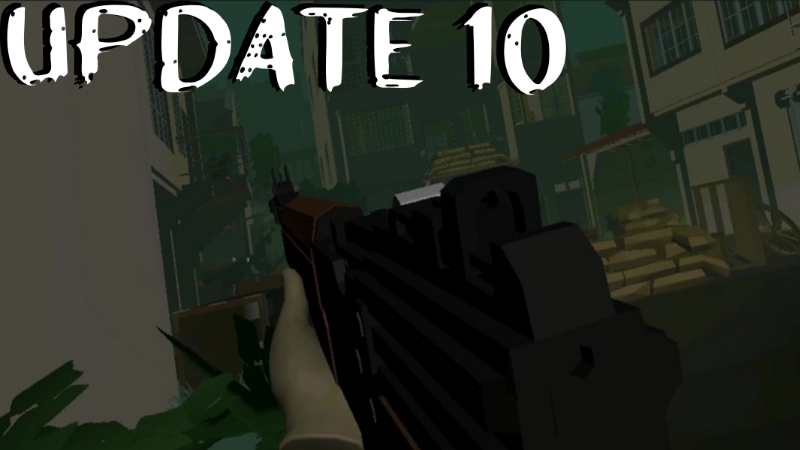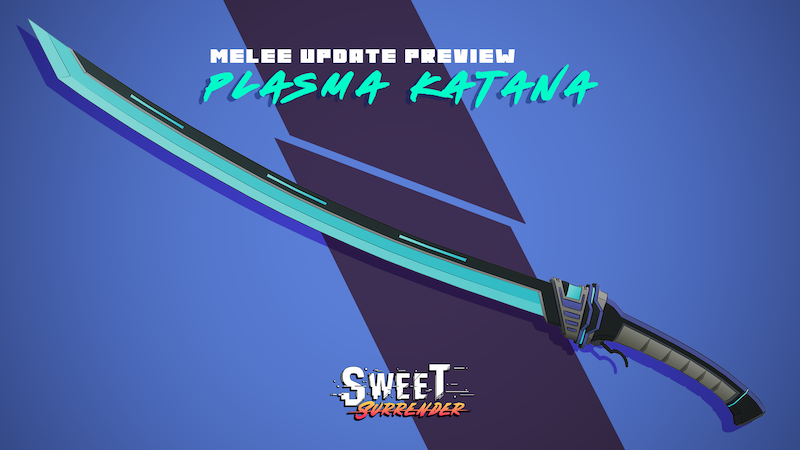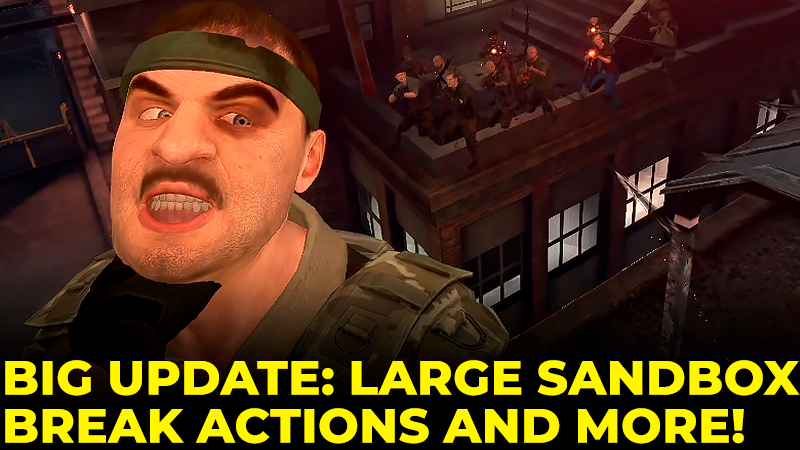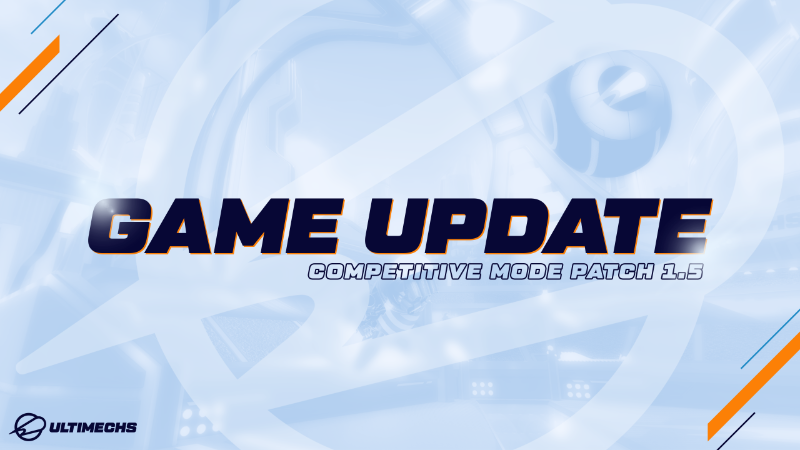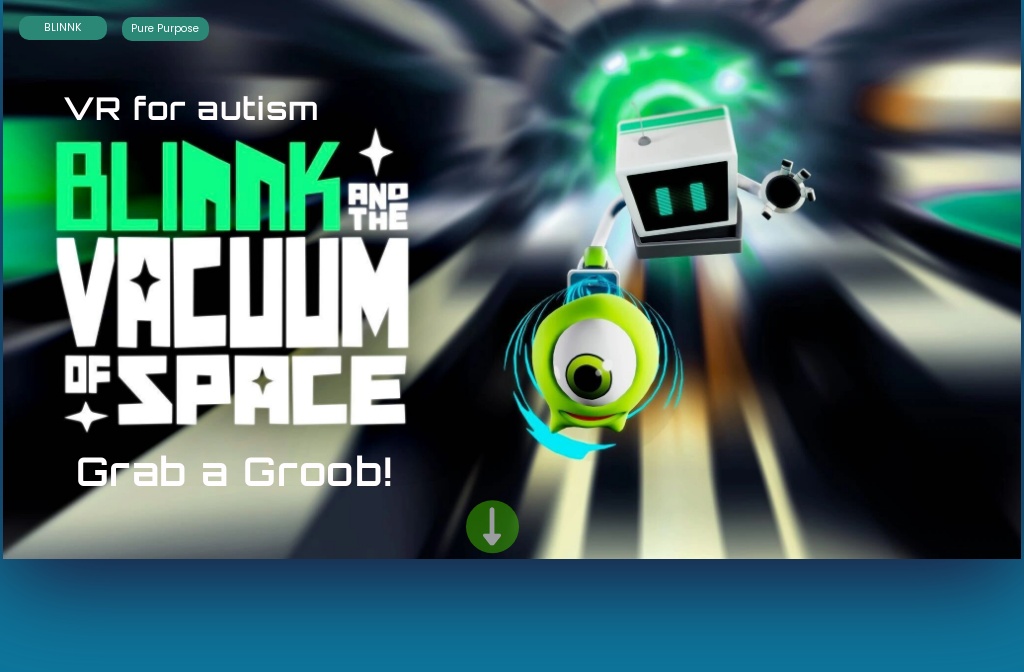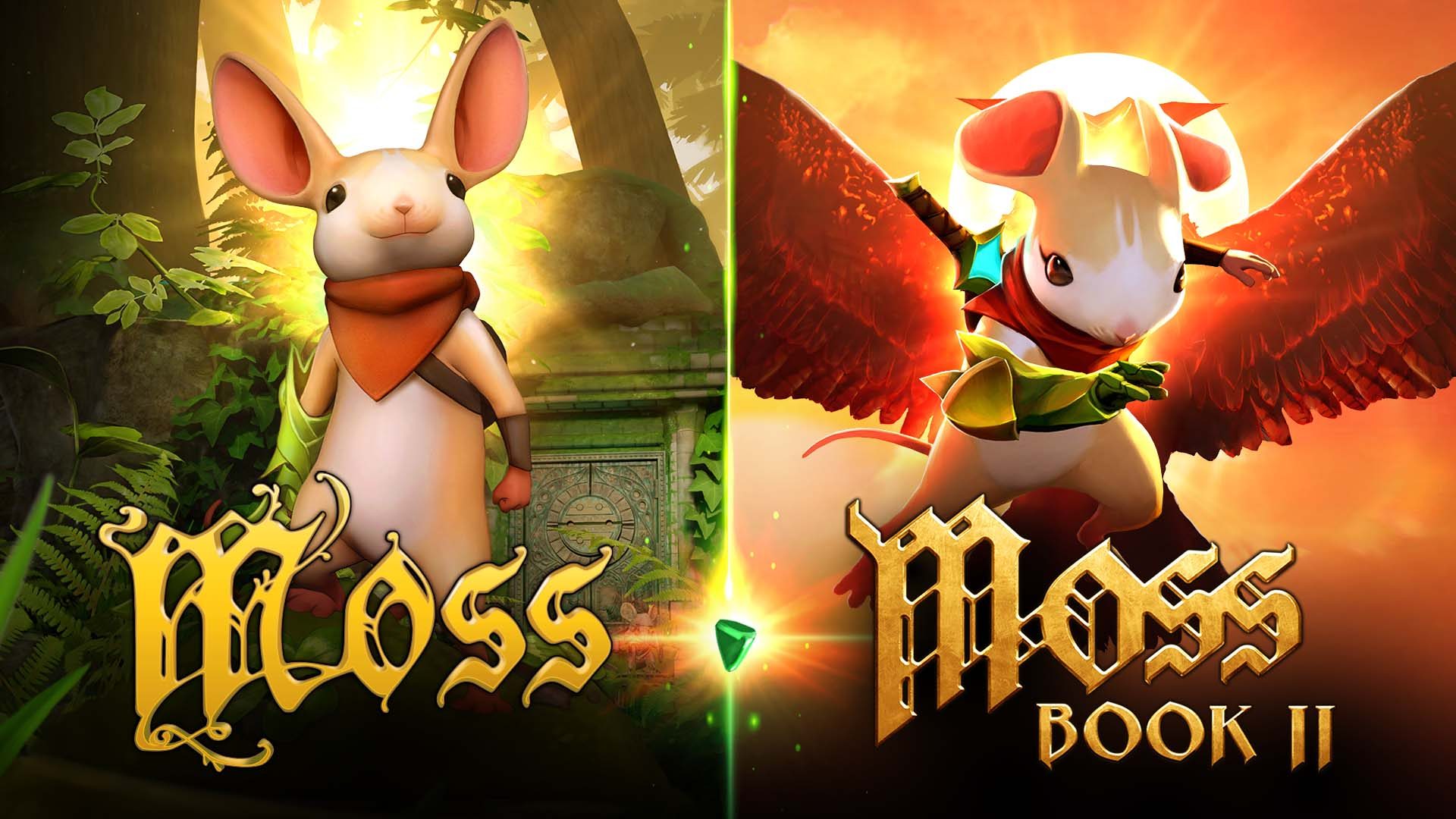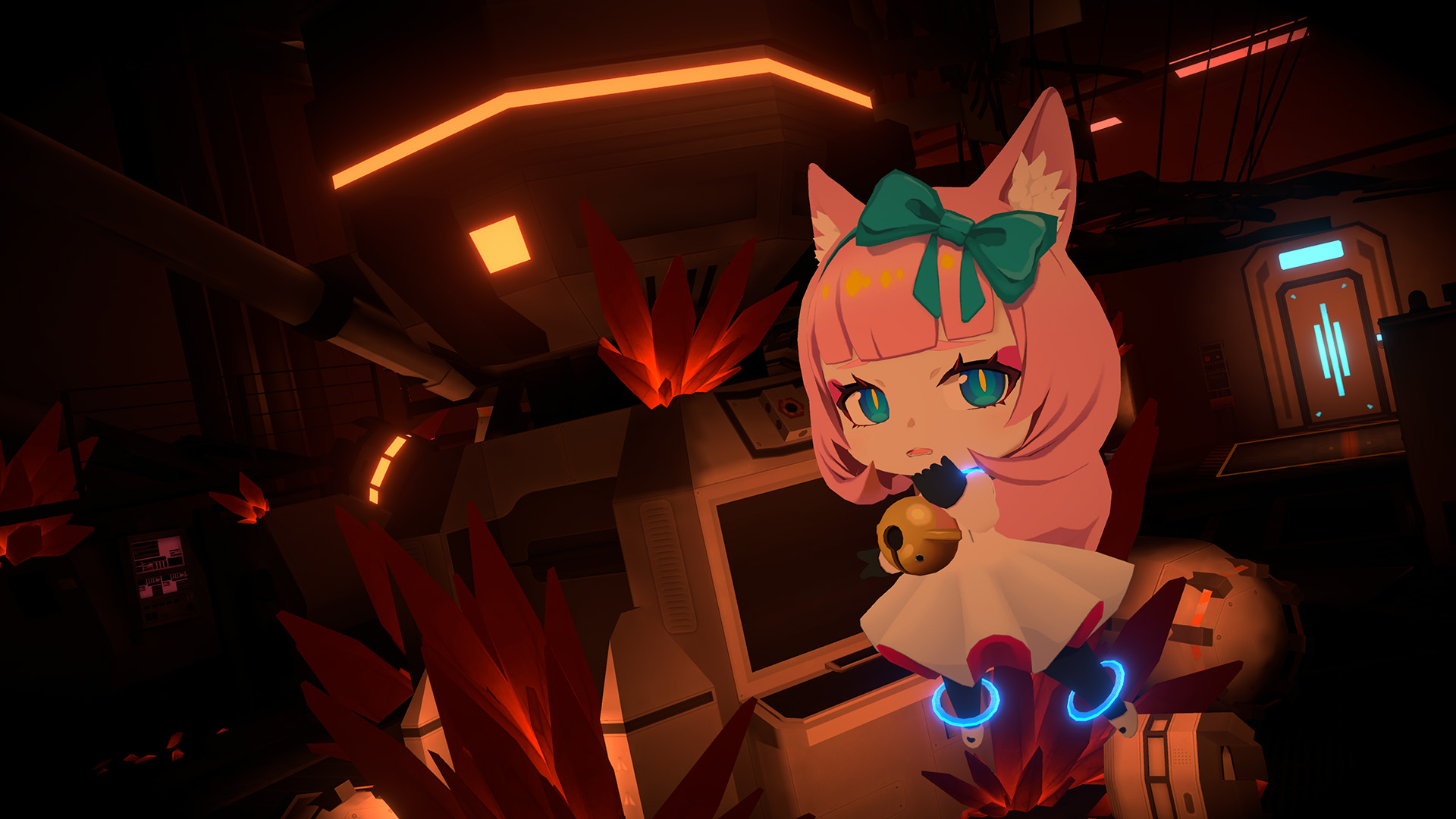So, at the time of editing, there are
4944 Bonelab ratings on Steam +
233 on the Rift store vs
5044 on the Quest store (where you don't even have to type anything, it's a much simpler and faster process). Similar to other recent notable games (ish at least, nothing compares to the top tier games) like After the Fall (1688 + 99 vs 2286), it shows PC VR is far from dead or of a pathetic difference to the Quest sales (again, top sellers like Beat Saber, Boneworks, Blade & Sorcery or Half-Life: Alyx don't have less ratings than top titles on Quest). Let's call it an even 50/50 for now, we'll see if it sticks, BUT:
This (here we go again, having to explain it with every big release) means that a sizable VR audience exists on PC, people don't buy a VR kit for one game then throw it away so the next doesn't sell as good, until one does again. When VR games display a vast gap between Quest & PC there are other reasons, like the fierce competition with flat games as PC gamers don't buy just anything VR when they can play some truly amazing flat experience (often with VR mods) while waiting for the next potential VR gem. Naturally the developers celebrating their Quest success would never put down their game to acknowledge the real reasons it didn't do well elsewhere, just blame the platform and enjoy the clickbait headlines.
See how a certain flight game sequel's developer recently hyped up the PC vs Quest gap, celebrating the latter as the superior platform over it, when their game appears to have sold way less than a popular PC VR flight game, VTOL VR, on all platforms combined (8600 ratings vs 477 + 68 + 18).
Of course visibility is another reason which is valid but this has nothing to do with anything Meta does right or better than PC as implied, the store is not better (or well) designed and it's all just because it's much newer and it's harder to get approved on it, which is only a temporary advantage as the Switch situation showed where early on people panned PC and other platforms over Switch indie success stories, yet indie success stories have continued on PC since and got way less certain on Switch as its store got cluttered like any (visibility also means many developers couldn't even get approved, when on PC everyone can be, but those who get onboard exclusive walled gardens naturally prefer their competition doesn't).
Beyond that there's also a certain segment of the demographics that differs. While there's overlap, one can't deny the possibility that a large amount of VR users on Steam, with the powerful hardware required to run it and the set up and configuration it all needs the first time (whether they use a PC VR kit or just a Quest), are enthusiast gamers who made games like the Souls series, Rockstar games, Capcom games, Sony ports, etc., such grand success stories on the platform. They aren't likely to keep buying the next trending mini/rhythm/sports/compilation game that a more casual or younger audience may be more eager to, at most they'll get the perceived best one (it's still Beat Saber, lol). Not to mention that even when they do buy such games they don't have to get the PC version as it probably runs just as good on their Quest with few compromises (more like Beat Saber than After the Fall, Saints & Sinners, or Bonelab), just as they might have bought an indie game for their Switch (before Steam Deck became a thing) and that didn't mean they stopped buying PC games.
This is compounded by how the mainstream gaming media don't deal with VR in-depth yet and the self proclaimed enthusiast VR outlets and most vocal representatives are being, frankly, Meta shills. There were twitter threads full of known figures celebrating the Bonelab gap on Quest when it was 1000 vs 100 without considering there were reasons for it (like a slight release time headstart) and it could change, while now they're still celebrating the equal ratio with damage control like how Bonelab fans are mostly on PC because of Boneworks, when it's the most talked about Quest game since it was announced without any media (or a name) and the fact it's the first game of the developer for the platform makes it even more exciting for it, less so for PC users who may see it as more of the same or negatively as not much of a leap beyond the problematic in some ways last game it's not even a full sequel to.
Essentially, the media and their rabid followers that don't know what VR offers outside their bubble strive to self fulfill their own prophecy. All of (good) VR should be celebrated and promoted but most PC VR games and mods go by unreported despite many of them being pretty damn great. The sites and the influencers are only posting clickbait stories and big publisher/Meta backed stuff (soon Sony will be included again too, they did hype PSVR early on as well despite its issues for the same reasons, Sony is a big player and they wanted to please them). Not to mention there's a big VR site that only seems to inform people of PC VR releases or huge updates via sponsored articles some poor developers eventually cave and pay for (with little benefit, everyone views them as ads). VR games aren't nearly as numerous as the flat games the gaming press thoroughly covers yet they don't post about 90% of it, not even in some weekly report if they really don't consider some as important (as they ignore many hidden - because of them - gems and regurgitate uninteresting stories).
I'm not a huge fan of these games, I had criticisms for Boneworks and Bonelab doesn't seem much different despite some cool tech and ideas but noone can deny the hype they generated, so that's what VR games (like all games) need to sell, hype and visibility, yet the media constantly pan PC VR (except when they can't, like with Alyx or Boneworks which got hype and went viral without them so they had to fall in line) and elevate Meta. Even if a game is on both you'd rarely know if you just went by them (even Bonelab review titles just mention Quest 2). These people keep attacking PC VR in the same way others attacked PC gaming with talk of cost, sales, piracy, modding presented in the worst light possible (except when it's on Quest, heh), never delving in the real reasons or acknowledging successful titles. We all know how that turned out as PC is THE platform every developer, from every region, AAA, indie or niche, even first party console holder, must release on, or needlessly leave money on the table. The same will happen to VR games when VR actually goes mainstream (a far cry from where Quest stands despite being praised as such, call me when it brings in Wii or Switch numbers at the very least folks) as just another way to game.
When Sony jumps all in with PSVR2 the (not without faults) gaming press will hopefully start covering VR properly for all platforms since it will more consistently include AAA (and AA, and B, from traditional gaming studios) stuff finally, legitimizing the medium, and most VR outlets will be left in the dust as folks see they're far from professional and thorough despite (all of them) claiming to be the #1 VR source.
/rant
